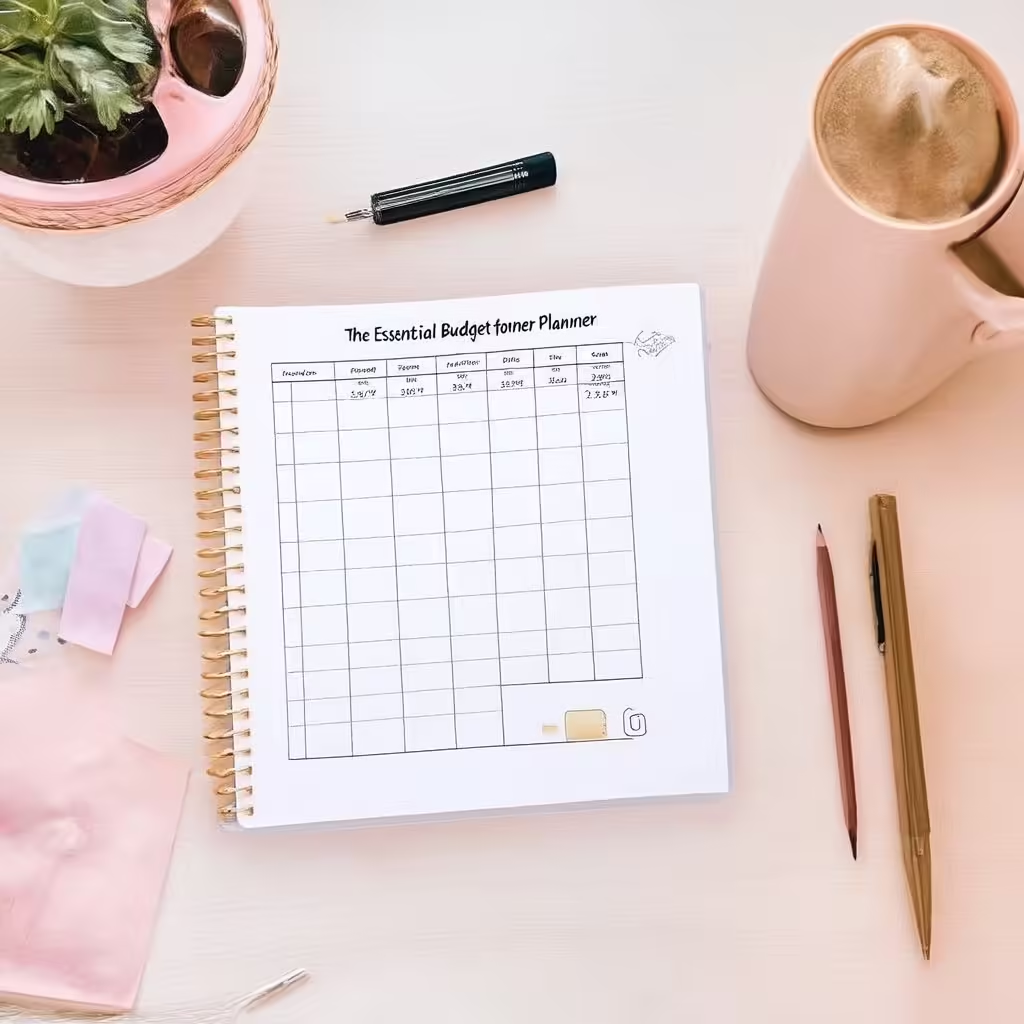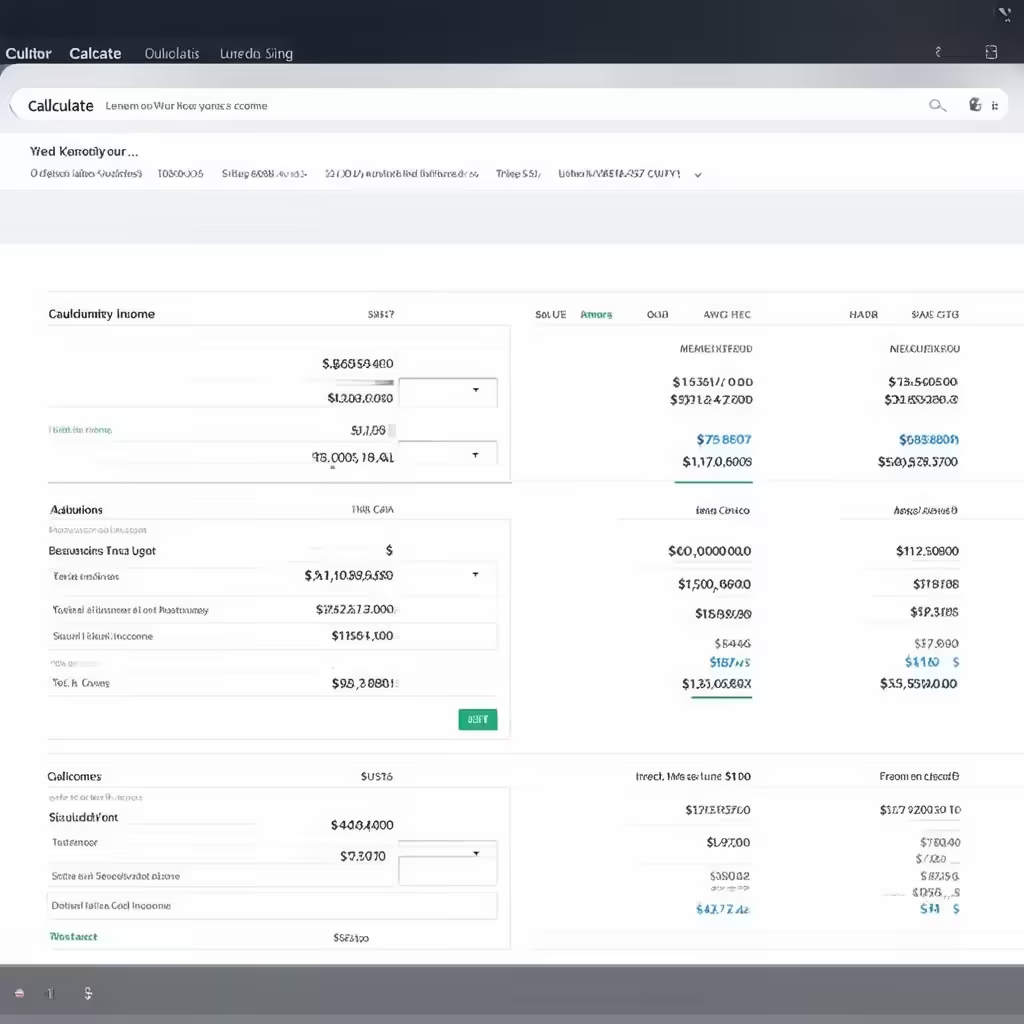Table of Contents
If you want to achieve financial independence, embarking on your financial journey can possibly be a daunting one, but if you get the right tools and knowledge down, then it is possible. Your key to financial freedom is a budget planner, something which is especially helpful for newbies.
What is a Budget Planner and Why Do Beginners Need It?
Your personal financial roadmap is a budget planner that helps you get to your money goals. A simple, yet powerful tool for you to track your income, categorize your expenses and allocate funds for savings or future aspirations. A budget planner is extremely helpful for beginners as it puts the budgeting process into clear format, structure, and context so you can graduate around your financial territory.

Key Benefits of Using a Budget Planner for Beginners
Gain Control Over Your Finances: Control your money, and know how to present and save.
Reduce Financial Stress: Worry that you’ll overspend or go broke paycheck to paycheck.
Achieve Financial Goals: While a budget planner can help you save for a down payment, a dream vacation, or retirement, it can help you stay on track.
Build Healthy Financial Habits: Teach yourself to spend responsibly and save first.
Choosing the Right Budget Planner for beginners
Budget planners are not one size fits all. Pick a way that fits your habits and likes. Options include:
Digital Apps: Apps the user can use to track expenses, get reminders on bills to pay and create financial goals.
Spreadsheets: Templates that you can customize to suit your personal budget needs.
Pen and Paper: For those who prefer a hands on approach, a traditional way.
Important Steps in planning Your Budget.
Calculate Your Income: Determine your total monthly take-home pay from all sources.
Track Your Expenses: Make sure you include every expense, either fixed (rent, utilities) or fluid (groceries, entertainment).
Set Spending Limits: Determine what percentage of your income you wish to spend on each expense category and how much each of them should spend.
Prioritize Savings: For savings goals, emergency fund and future investments, set a part of income aside.

Review and Adjust Regularly: Compare the money that you’re spending with how much you’re budgeted to spend until you stay on track.
Remember, consistency is key. A budget planner will never serve you and will never work in your favor if you are not regularly reviewing and updating it.
Additional Tips for Budget Planner for beginners
Set SMART Goals: Measurable, Specific, Achievable, Relevant and Time Bound Goals motivate you.
Be Realistic: First start with small and achievable goals then move your way up as you continue.
Celebrate Wins: Reward yourself for staying within budget and acknowledge that you’re making progress.
Seek Support: Spend some time sharing your budgeting journey with a friend, family member or a financial advisor so you will have some encouragement and accountability.
A budget planner is the first step to taking your financial future forward and realizing your dreams. As a reminder, everyone is a beginner. If you are dedicated and have the right tools you can achieve financial freedom and live a life of abundance.
